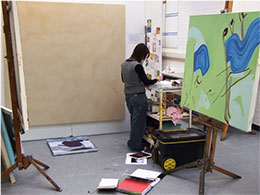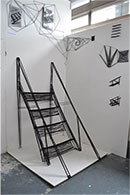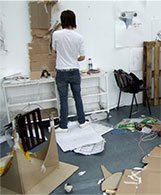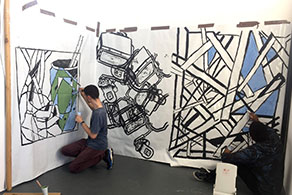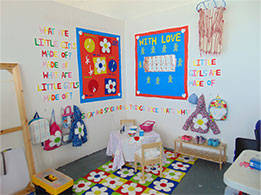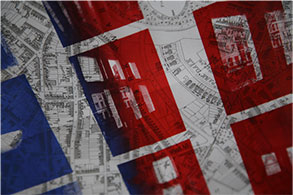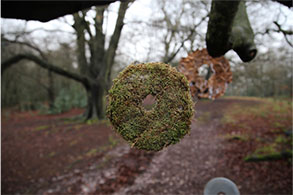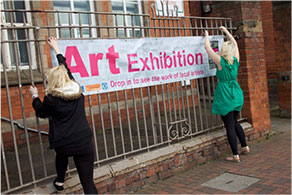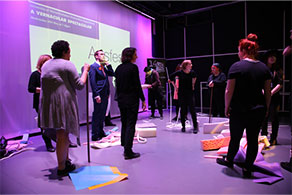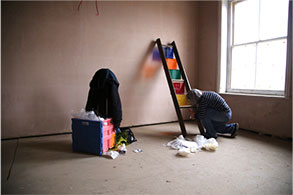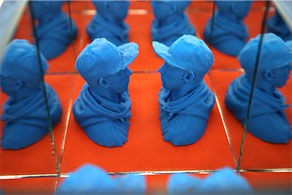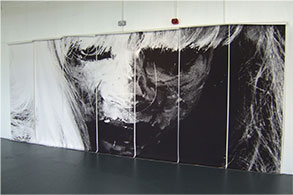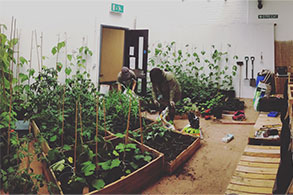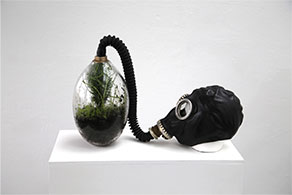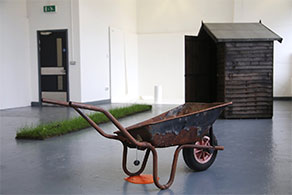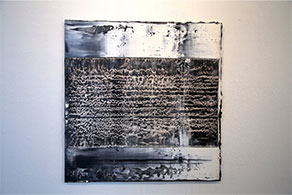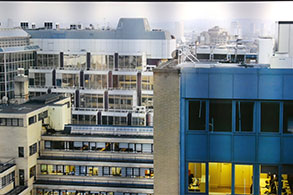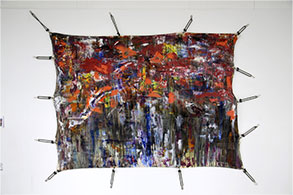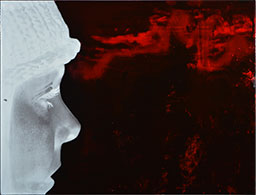Ranked 15th in the Guardian League Tables 2023. Fine Art, covers painting, sculpture, printmaking, conceptual and social practice, film, video, photography, performance and installation.
Each area is supported by specialist tutors and facilities. The Fine Art course is located in the purpose-built George Wallis building, which opened in 1970, however there has been an Art School in Wolverhampton since 1851 and we are very proud of this heritage. We are situated on the 6th and 7th floors in studio's recently refurbished for British Art Show 9. You will have studio space of your own and join a stimulating community of fine art practitioners where you can test ideas and discuss decisions/motivations/media processes in relation to your individually negotiated themes and practices. Our vibrant, well used studio becomes the base for your increasingly independent and personally-focused learning.
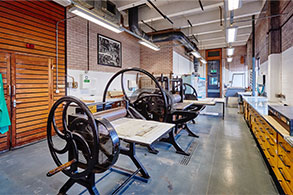
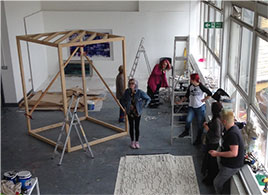
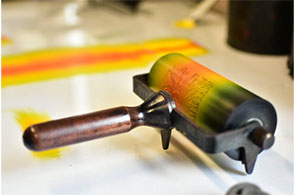
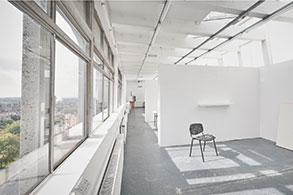
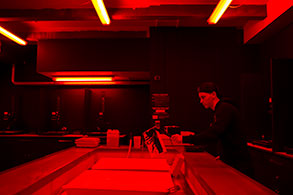
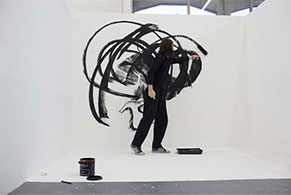
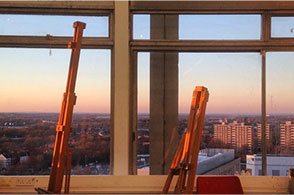
The Foundation year prepares students for university level study. Successful completion of our Foundation course permits access to any of our Art or Digital Media BA (Hons) or BDes (Hons) degree courses, which include Fine Art, Graphic Design, Illustration and Photography — The Foundation year begins with modules aimed at providing transferable study skills and then, in the second semester, gives students the opportunity to study more specialist modules, with a focus on various aspects of Arts and Digital Media.
Our Graduates
Cheryl Jones, BA (Hons) Fine Art (Painting) graduate 2000
Cheryl graduated from the School of Art in 2000 and is now Director of the Grand Union art gallery in Digbeth, Birmingham. She credits her time at the University for widening her experience and enjoyment of all art forms as well as just painting. Watch Cheryl's video here.


/prod01/wlvacuk/media/departments/digital-content-and-communications/images-2024/240624-Alumni-Awards-2024-Resized.jpg)
/prod01/wlvacuk/media/departments/digital-content-and-communications/images-18-19/220325-Engineers_teach_thumbail.jpg)
/prod01/wlvacuk/media/departments/digital-content-and-communications/images-2024/240627-UN-Speaker-Resized.jpg)
/prod01/wlvacuk/media/departments/digital-content-and-communications/images-2024/240320-Uzbekistan-Resized.jpg)
/prod01/wlvacuk/media/departments/digital-content-and-communications/images-2024/240229-The-Link-Resized.jpg)
/prod01/wlvacuk/media/departments/digital-content-and-communications/images-2024/240627-Lady-Aruna-Building-Naming-Resized.jpg)

